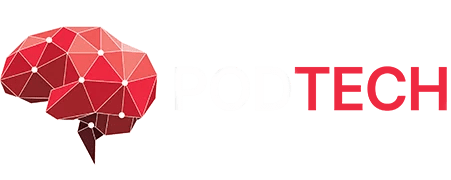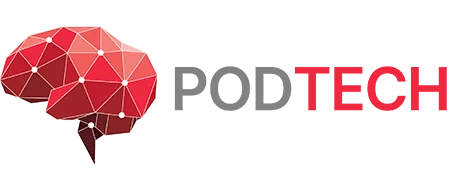Cambridge Quantum Releases Open Source TKET
Cambridge Quantum (CQ) has just announced the release of the latest version (v.0.15) of TKET – its high-performance hardware-agnostic quantum software development kit, as completely open source and immediately available for use without restrictions.
According to Cambridge Quantum, the release follows the open sourcing of the extensions which began in version 0.8 of TKET with the aim of benefiting from open sourcing which permits more transparency of code, easier reporting of issues and more robust integrations.
“We first announced that TKET would be available on an ‘open-access’ basis earlier this year, with a commitment to become fully open-sourced by the end of 2021. During that period, a global community of software developers embraced and adopted our class leading product that delivers the best possible performance, whilst utilising existing platforms such as Qiskit and Cirq, as well as the largest collection of quantum processors available. The growth of the global TKET community has been astonishing and I am so pleased that we can now complete this part of our journey,” said Ilyas Khan, CEO of Cambridge Quantum.
“Minimizing gate count and execution time are very important in this Noisy Intermediate Scale Quantum (NISQ) era. TKET combines high-level hardware-agnostic optimization for quantum circuits with target specific compilation passes for the chosen quantum device,” said Dr. Ross Duncan, Head of Software at Cambridge Quantum.
“This helps quantum computing users move seamlessly between quantum platforms, while maintaining consistent high performance. Users need only to focus on developing their quantum applications, not rewriting code around the idiosyncrasies of any particular hardware. At the same time, we help quantum computing hardware companies ensure that they can get the best performance from their processors.”
As announced, the extensions are Python modules which enable TKET work with different quantum devices and simulators, and provide integration with other quantum software tools. Furthermore, Cambridge Quantum stated that the extensions are available for all the main quantum hardware and software platforms.


